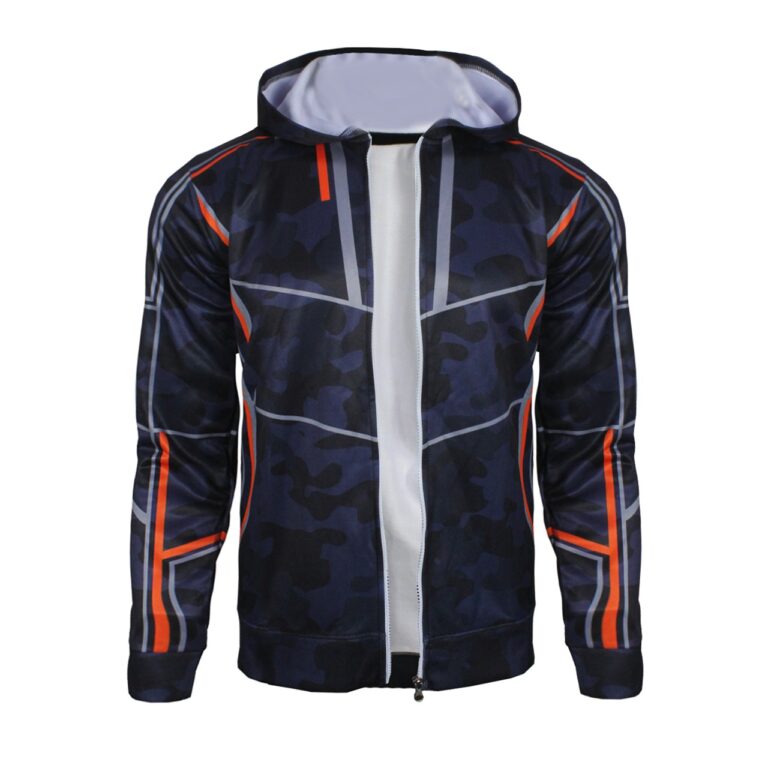Fashion and Social Responsibility: Ethical Practices in Manufacturing: Tigerexchange247, Golden 77, Sky99exch
tigerexchange247, golden 77, sky99exch: Fashion and Social Responsibility: Ethical Practices in Manufacturing
In recent years, there has been an increased focus on ethical practices in the fashion industry. With growing concerns about environmental impact, labor conditions, and sustainability, consumers are demanding more transparency and accountability from clothing brands.
Manufacturing plays a significant role in the fashion industry, as this is where most of the production takes place. Ethical manufacturing practices ensure that workers are treated fairly, the environment is protected, and communities are not exploited. Brands that prioritize social responsibility in their manufacturing processes are not only benefiting the planet and people but also their reputation and bottom line.
Let’s take a closer look at how fashion brands can ensure ethical practices in manufacturing.
1. Ethical Labor Practices
One of the most critical aspects of ethical manufacturing is ensuring that workers are treated fairly. This includes providing safe working conditions, fair wages, and reasonable working hours. Brands should also ensure that their suppliers do not engage in forced labor, child labor, or any other form of exploitation.
2. Transparency and Traceability
Brands should be transparent about their manufacturing processes and supply chain. This means knowing where their materials come from, how their garments are made, and who is making them. By providing this information to consumers, brands can build trust and loyalty.
3. Sustainable Materials
Using sustainable materials such as organic cotton, recycled polyester, and bamboo can reduce the environmental impact of fashion production. Brands should also look for ways to minimize waste and energy consumption in their manufacturing processes.
4. Support Local Communities
Fashion brands can support local communities by sourcing materials locally, hiring local workers, and investing in community development projects. This not only benefits the community but also creates a positive impact on the brand’s image.
5. Certifications and Standards
Brands can demonstrate their commitment to ethical manufacturing by obtaining certifications such as Fair Trade, GOTS (Global Organic Textile Standard), or B Corp. These certifications provide assurance to consumers that the brand is meeting certain ethical standards.
6. Collaboration and Partnership
Collaborating with other brands, NGOs, and industry organizations can help fashion brands learn best practices, share resources, and drive positive change in the industry. By working together, brands can have a more significant impact on ethical manufacturing practices.
FAQs
Q: How can consumers support brands that prioritize ethical manufacturing?
A: Consumers can support ethical brands by researching their practices, asking questions about their supply chain, and choosing to purchase from brands that are transparent about their manufacturing processes.
Q: Are sustainable materials more expensive for fashion brands to use?
A: While sustainable materials may be more expensive upfront, they can help brands save money in the long run by reducing waste, energy consumption, and environmental impact.
Q: How can fashion brands ensure that their suppliers comply with ethical labor practices?
A: Brands can conduct regular audits, provide training to suppliers, and establish clear codes of conduct to ensure that their suppliers are meeting ethical labor standards.







